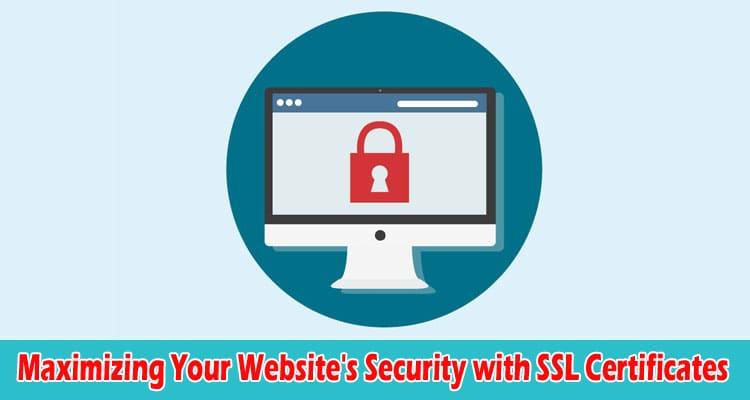In today’s digital world, having a secure website is crucial for protecting your business and your customers. One of the most effective ways to ensure the security of your website is by using SSL (Secure Sockets Layer) certificates. SSL certificates create a secure, encrypted connection between your website and your visitors’ browsers, preventing hackers from intercepting any sensitive information. We must buy SSL certificate to ensure that our website is secure and protected against potential security threats. In this article, we will discuss tips and best practices for maximizing your website’s security with SSL certificates.
What is an SSL Certificate?
An SSL certificate is a digital certificate that verifies the identity of a website and encrypts any data exchanged between the website and its visitors. When a website has an SSL certificate, you can see a padlock icon in the browser address bar and the website URL begins with “https” instead of “http”. The “s” in “https” stands for secure, indicating that the website is using SSL encryption to protect your data.
Tip #1: Choose the Right SSL Certificate
There are several types of SSL certificates, each with different levels of validation and encryption. Choosing the right SSL certificate depends on your website’s needs. For example, if you run an e-commerce website that collects sensitive information such as credit card numbers, you will need a higher level of validation and encryption. In this case, an Extended Validation (EV) SSL certificate is recommended. However, if you have a simple blog or personal website, a Domain Validated (DV) SSL certificate may be sufficient.
Tip #2: Keep Your SSL Certificate Updated
SSL certificates have an expiration date, usually between one to three years. It’s important to keep your SSL certificate updated by renewing it before it expires. Failure to do so can result in your website being marked as insecure and can cause your visitors to lose trust in your website. Additionally, outdated SSL certificates can leave your website vulnerable to cyber attacks.
Tip #3: Implement HTTPS Across Your Entire Website
Implementing HTTPS across your entire website, not just on pages that collect sensitive information, is a best practice for maximizing your website’s security. This ensures that all data exchanged between your website and your visitors is encrypted, providing an extra layer of security. It also helps to prevent cybercriminals from intercepting any data or injecting malware into your website.
Tip #4: Use a Trustworthy SSL Certificate Provider
When choosing an SSL certificate provider, it’s important to choose a trustworthy provider that follows industry standards and best practices. This ensures that your SSL certificate is valid and reliable. Some well-known SSL certificate providers include Comodo, Symantec, and GlobalSign.
Tip #5: Monitor Your SSL Certificate’s Performance
Monitoring your SSL certificate’s performance is an important aspect of maximizing your website’s security. Regularly checking your SSL certificate’s status and performance can help you detect any issues early on and prevent any potential security breaches. There are several tools available, such as SSL Certificate Monitoring, that can help you monitor your SSL certificate’s performance.







